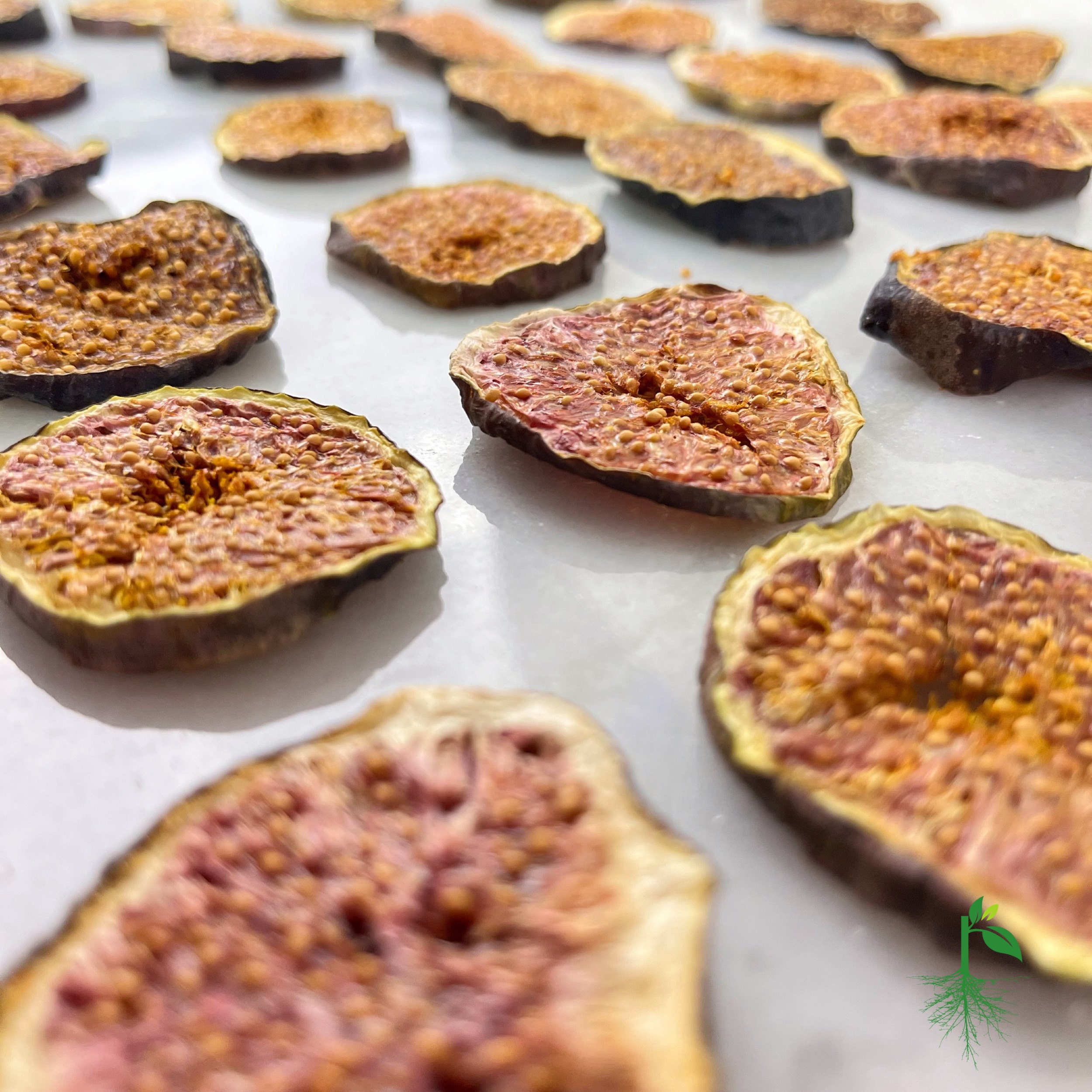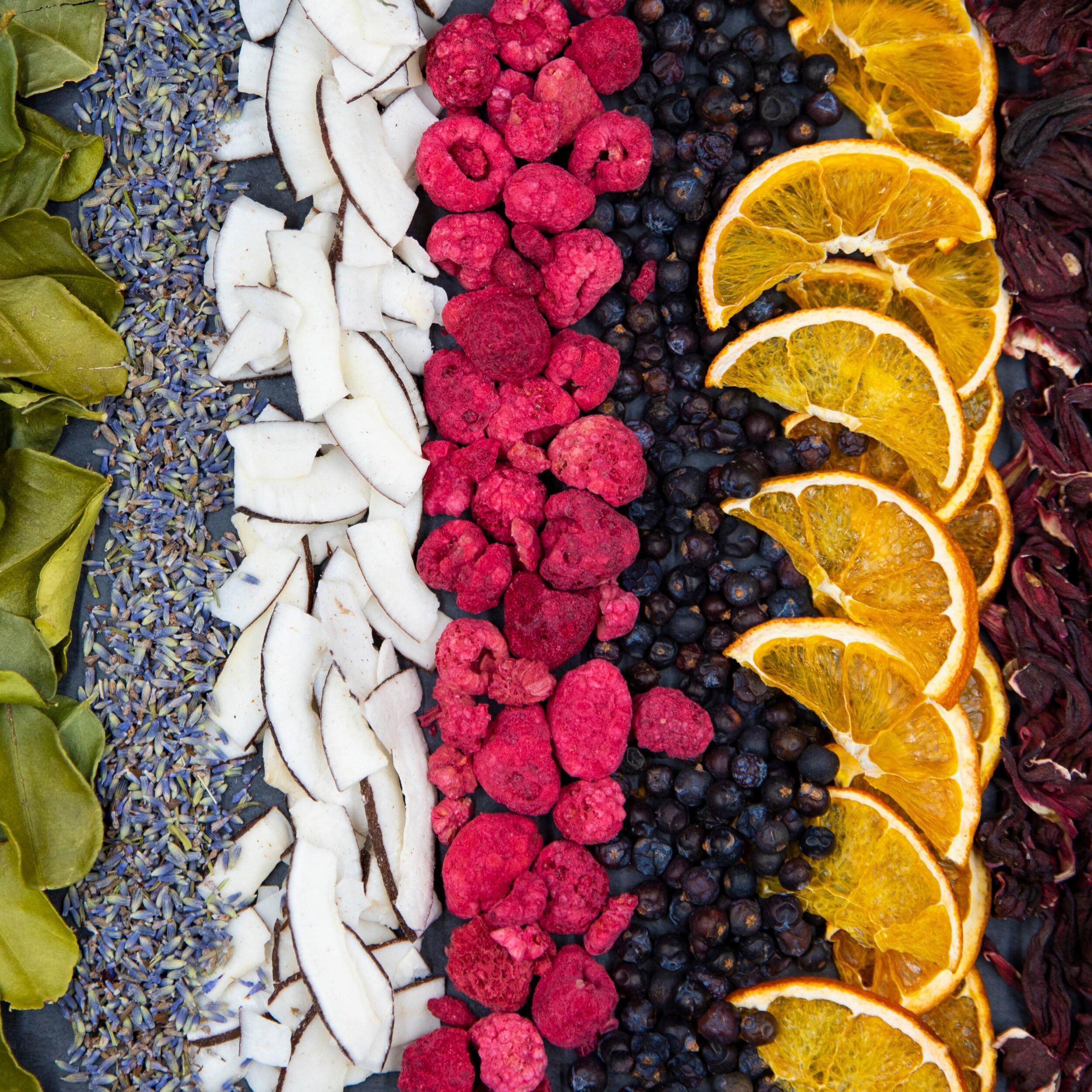Dried fruits have long been valued for their long shelf life, portability, and concentrated flavor. As it turns out, these delicious snacks also pack a nutritional punch, providing a wealth of vitamins, minerals, and other health-promoting compounds. In this blog post, we'll explore some of the many benefits of incorporating dried fruits into your diet, backed by scientific research.
- Rich in Nutrients: Dried fruits are nutrient-dense, meaning they provide a high amount of vitamins and minerals relative to their weight. Studies have found that dried fruits such as raisins, figs, and apricots are excellent sources of essential nutrients like potassium, magnesium, and iron (1). Consuming a variety of dried fruits can help ensure you get a balanced intake of these important nutrients.
- High in Antioxidants: Many dried fruits are packed with antioxidants, which help protect our bodies from the damaging effects of free radicals. Polyphenols, a type of antioxidant found in high concentrations in dried fruits like berries, have been shown to have anti-inflammatory and heart-protective properties (2).

3. Good Source of Dietary Fiber: Dried fruits are an excellent source of dietary fiber, which is essential for maintaining healthy digestion and preventing constipation. Regular fiber intake has also been associated with improved physical performance in older adults (3).
4. Support Heart Health: Magnesium, an important mineral found in dried fruits like figs and dates, has been linked to a reduced risk of hypertension and cardiovascular disease (4).
5. Additionally, research has shown that following a Mediterranean diet, which often includes dried fruits, can help prevent heart disease (5).
6. Aid in Weight Management: The fiber in dried fruits can help promote a feeling of fullness, reducing overall calorie intake and aiding in weight management (6).
7. However, it's important to be mindful of portion sizes, as dried fruits are also relatively high in natural sugars and calories.
In conclusion, dried fruits are a tasty and nutritious option that can offer a wide range of health benefits. By incorporating these fruits into your regular diet, you can increase your vitamin and mineral intake, boost your antioxidant levels, and improve your overall health and quality of life.
References:
- Ballistreri, G., Continella, A., Gentile, A., Amenta, M., Fabroni, S., & Rapisarda, P. (2013). The nutritional composition of selected wild plants in the diet of modern humans. Food Research International, 54(1), 544-553.
- Zamora-Ros, R., Knaze, V., Rothwell, J.A., Hémon, B., Moskal, A., Overvad, K., ... & Boutron-Ruault, M.C. (2013). Dietary polyphenol intake in Europe: the European Prospective Investigation into Cancer and Nutrition (EPIC) study. European Journal of Nutrition, 52(4), 1351-1363.
- Kim, Y., Je, Y., & Giovannucci, E. (2014). Association between dietary fiber intake and physical performance in older adults: a nationwide study in Korea. PloS One, 9(11), e113159.
- Houston, M.C. (2011). The role of magnesium in hypertension and cardiovascular disease. Journal of Clinical Hypertension, 13(11), 843-847.
- Estruch, R., Ros, E., Salas-Salvadó, J., Covas, M.I., Corella, D., Arós, F., ... & Lamuela-Raventós, R.M. (2013). Primary prevention of cardiovascular disease with a Mediterranean diet. New England Journal of Medicine, 368(14), 1279-1290.
- Slavin, J.L. (2005). Dietary fiber and body weight. Nutrition, 21(3), 411-418.
- Sawicka, B., Skiba, A., & Szymanowska, U. (2017). Dried fruits as a valuable source of bioactive compounds. Journal of Food Composition and Analysis, 63, 119-126.

